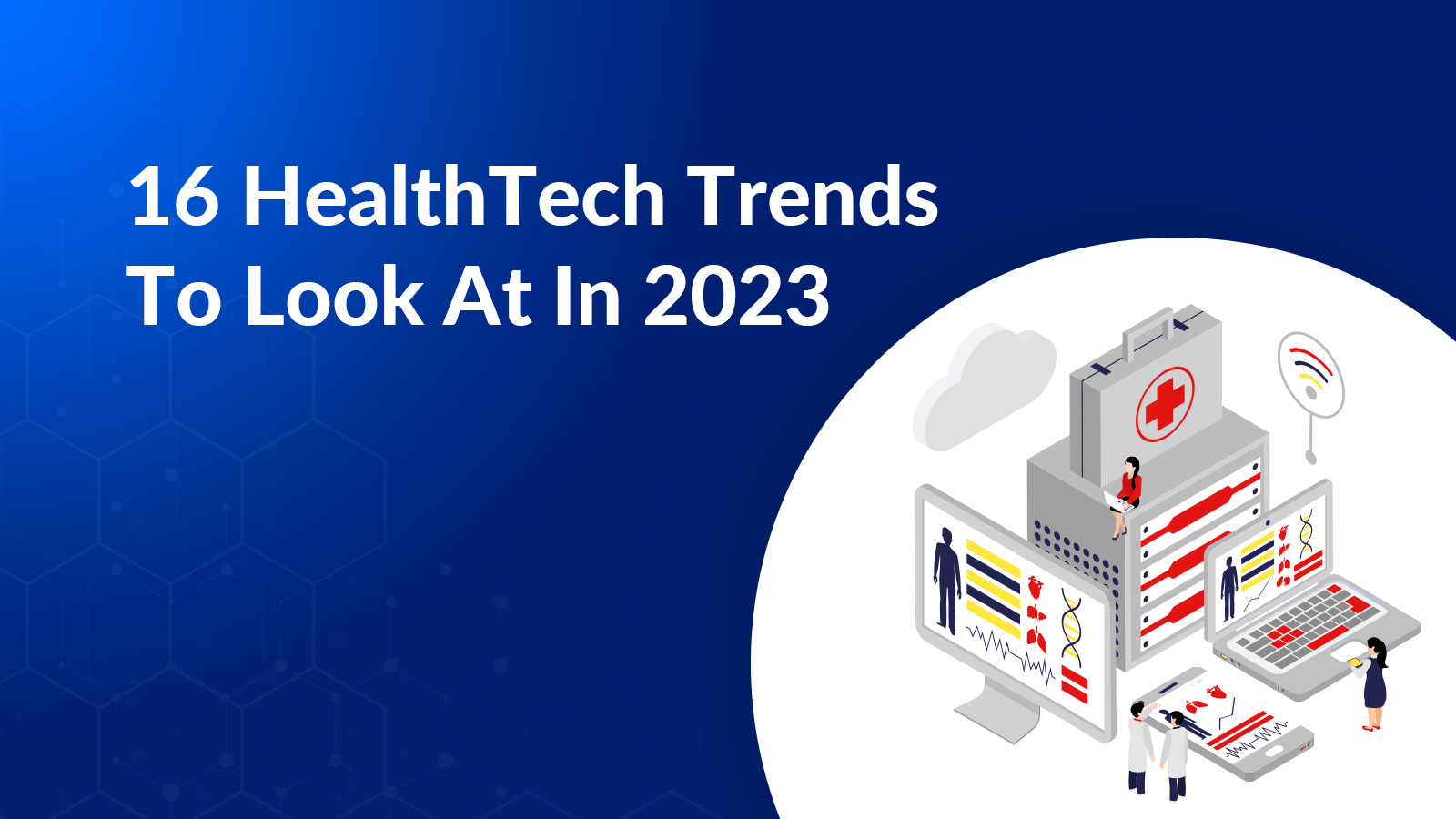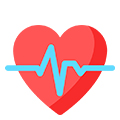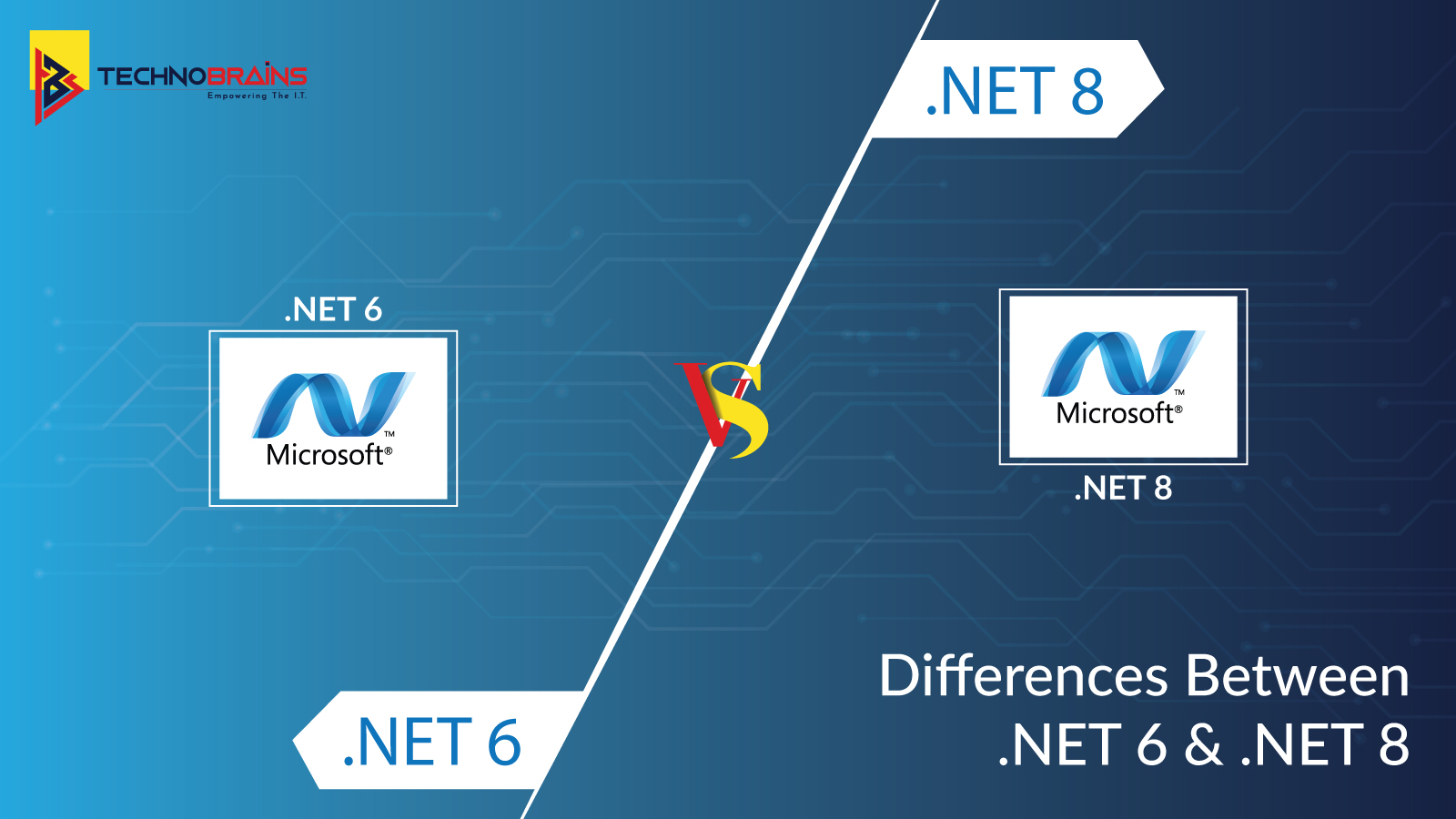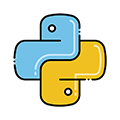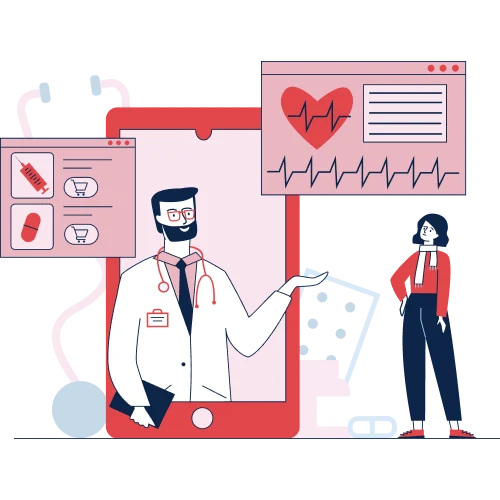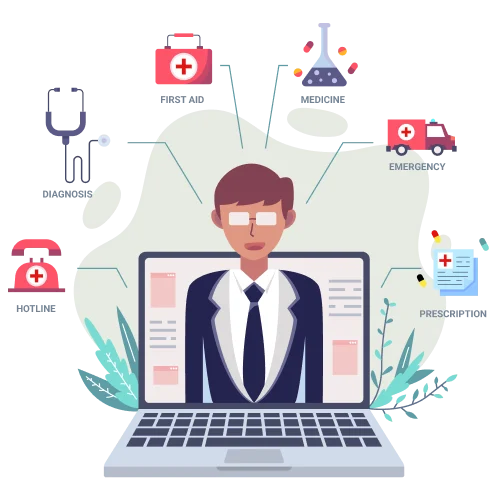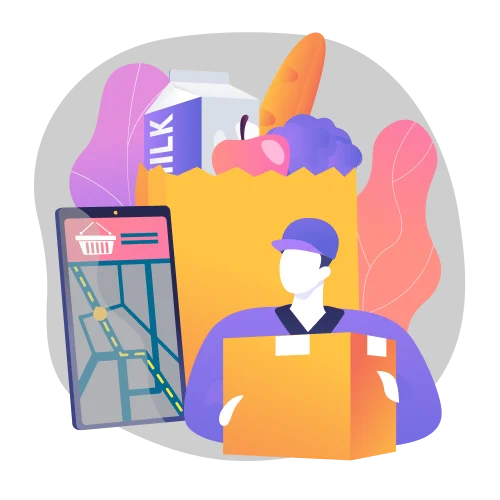Get 40 Hours Free Developer Trial
Test Our Developers for 40 Hours at No Cost - Start Your Free Trial →
The healthcare industry is still very much reliant on physical systems and technologies to store, process, and interpret the overwhelming amounts of data it generates. Advanced analytics capabilities are not fully accessible or available to all healthcare providers. There continue to be challenges with interoperability even between different devices from the same manufacturer. And IoT-based medical devices typically lack holistic security architectures to address cyber threats. Thus, let us go through the HealthTech Trends 2023 that are important to keep an eye on.
Digital transformation in healthcare aims to drive us towards interoperability between medical devices and systems, make the industry more secure with appropriate protections, and leverage advanced analytics for better decision-making. It can help simplify processes through automation and AI-based programs, integrate patient data from different sources so that medical providers have a holistic view of the person, and ultimately usher in better patient outcomes.
In accordance with market research, the US Healthcare market is, huge, and its digital health market is, forecast to grow 29.6% per year from 86.4 billion in 2018 to 504.4 billion by 2025.
This article is all about the emerging healthcare trends you should consider for embracing digital healthcare transformation in the coming year.
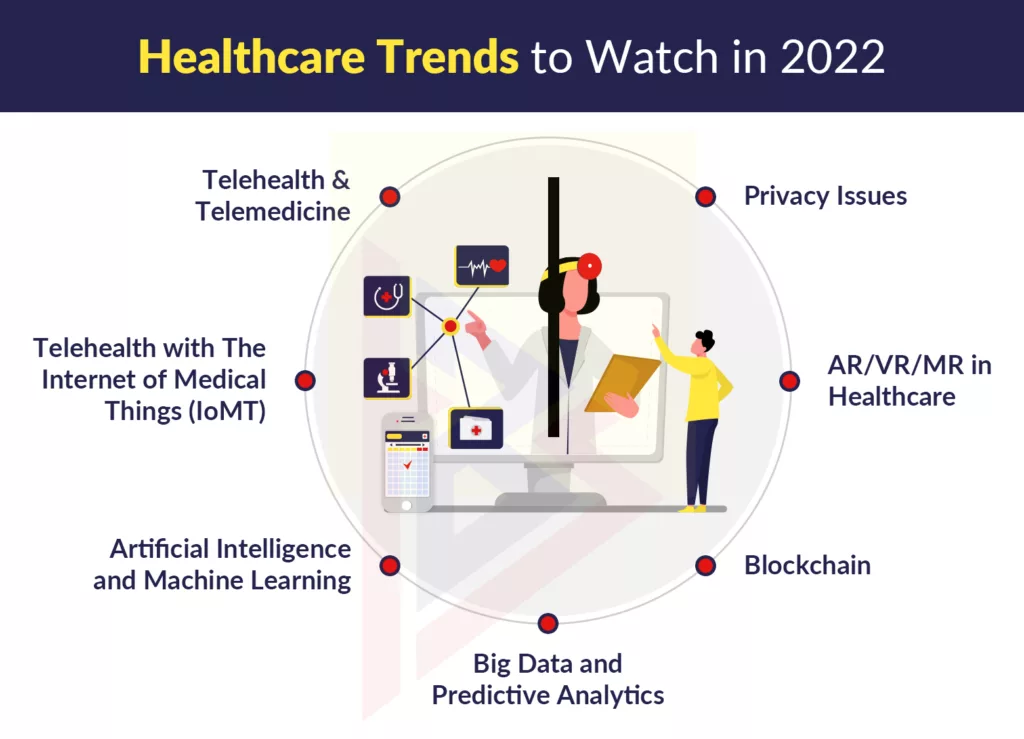
“Top 16 Health Tech Trends Driving Digital Transformation in the Industry”
1. Analytics for Better Patient Care
Digital transformation in health care would be incomplete without the use of advanced analytics capabilities to improve decision-making. AI has already started playing an important role in clinical settings with tools like IBM Watson for Oncology assisting oncologists in making personalized treatment plans. More advanced analytics capabilities are, expected to change diagnostic and treatment procedures. For example, machine learning can help improve MRI scans by identifying abnormalities faster. It can also be, used in designing novel drugs and therapeutic protocols to treat different types of cancer much earlier than traditional methods. More accurate disease prediction powered by AI will lead to better preventive care and potentially lower healthcare costs for patients.

2. Smarter Medical Devices
IoT-enabled medical devices are, expected to power the majority of healthcare delivery in 2023. According to Deloitte, digital health spending is, projected to grow threefold from $69Bn in 2017 to over $200Bn by 2021. This rapid growth of connected medical devices will give rise to new security risks that can be, mitigated with better security architecture.
For example, securing communication between devices, healthcare providers, and patients is paramount to safeguarding patient data. IoT-based medical devices can also benefit from having a unique identity that helps find them even within the crowded ecosystem of connected gadgets. Integration with 3rd party applications will be critical for easier integration with existing IT systems in hospitals and clinics.
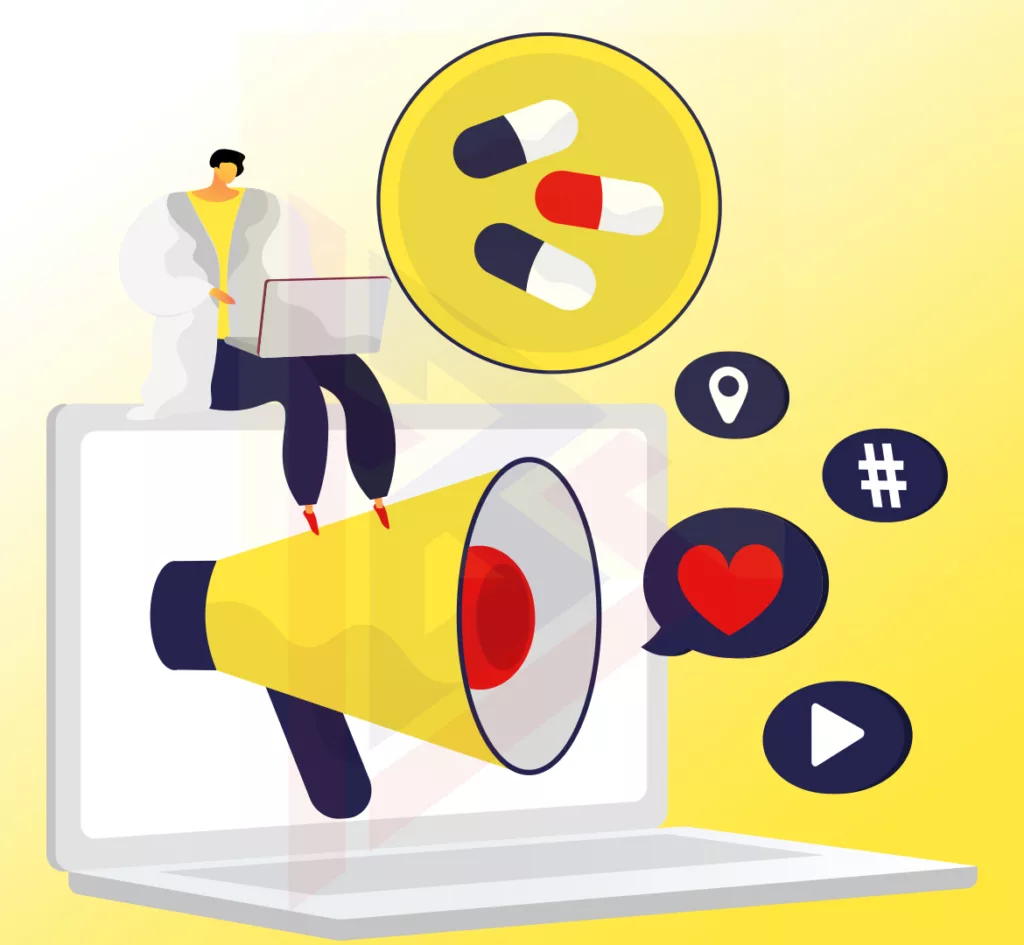
3. Simplified Healthcare Processes
Digital transformation aims to simplify processes across end-to-end healthcare operations, which currently still rely on manual workflows. It can encompass everything from how patients are, identified when they enter the hospital, to the transfer of medical records between different healthcare providers. With digital transformation, processes can be, automated with IoT devices performing tasks like pulling up patient records on an in-room display automatically when a doctor enters. This would enable doctors and nurses to focus on patient care instead of manual data entry.
Know more about the Importance of Medical Chatbots, in our article here.
4. Digitally Connected Patient Communities
Digital transformation in healthcare would empower patients with access to their own health data and a platform for patient communities. Medical apps can help improve disease management by tracking symptoms, medications taken regularly, and fitness activities.
Digital platforms enable easy sharing of information between patients and doctors as well as the community at large equipped with a wealth of knowledge. Community members can share their experiences to help others diagnose and treat diseases, as well as examine what new drugs or therapies have been, recently developed to help improve patient outcomes.
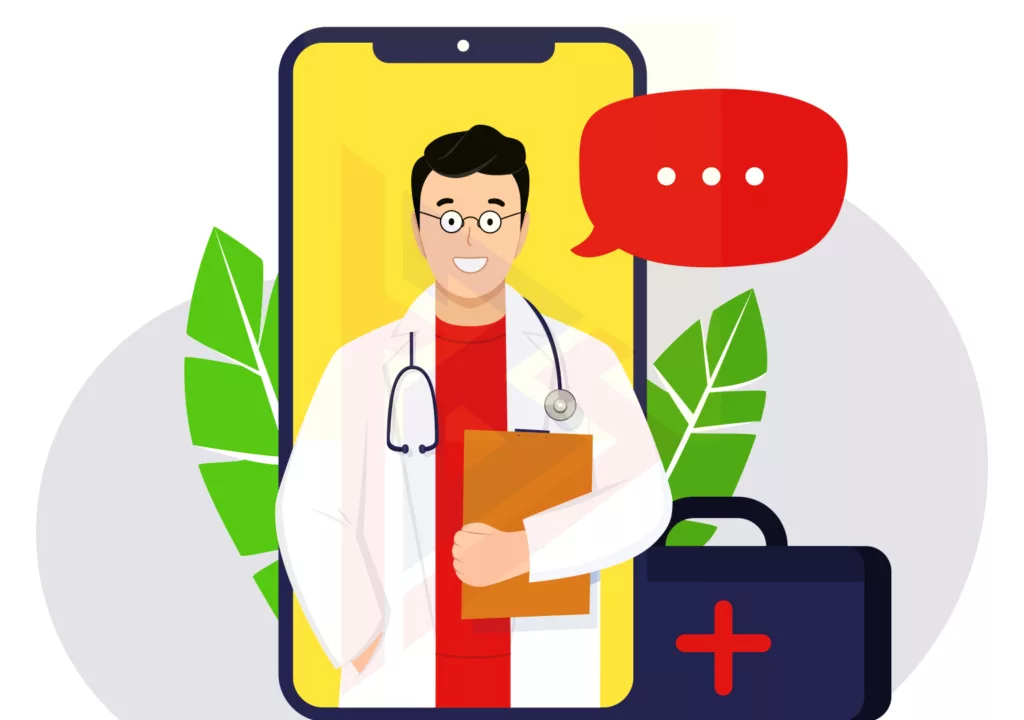
5. Blockchain Technologies for Patient Data Security
To protect patient data from security breaches, blockchain technology is, expected to play an important role in digital transformation in healthcare. It is a distributed ledger that can store patient records in an immutable form while allowing authorized medical professionals access to the data when required. Blockchain also allows patients to control who has access to their information, which makes it effective for enforcing HIPAA compliance across different healthcare organizations.
Read More, IoT in healthcare: The Future of Medical Industry.
6. Better Insurance Coverage for Chronic Diseases
According to Deloitte, 1.7Bn people worldwide suffer from chronic diseases, many of which require 1-on-1 care from a healthcare professional. A new model for insurance coverage is, needed to meet the demands of long-term conditions such as diabetes and cancer, especially given the rapidly aging global population. In 2023, health insurers will have to offer more flexible insurance packages catering to different types of healthcare needs continuously monitored on a long-term basis.
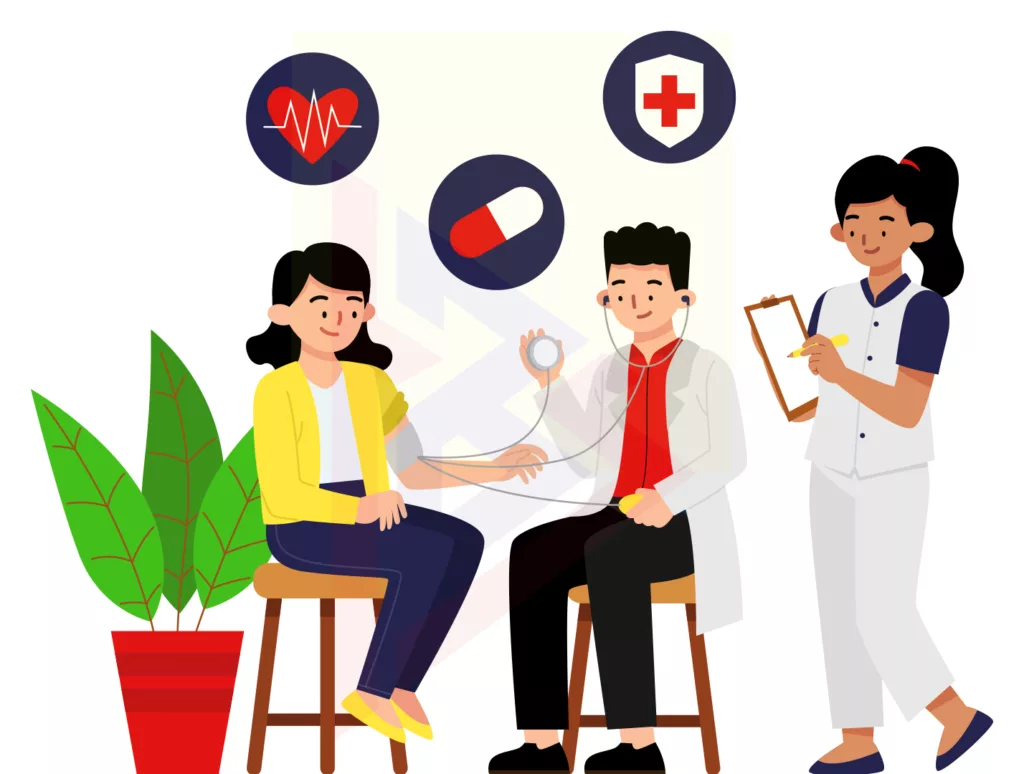
7. Continuous Monitoring and Evaluation of Patient Outcomes
Digital transformation in healthcare will lead to a better understanding of outcomes, with data analytics tools playing a pivotal role in research and medical decision-making processes. Machine learning algorithms can help develop predictive models with the goal of improving clinical trials and drug development. For example, machine learning can be, used to predict the risk of a patient developing a disease based on genomic sequences or symptoms that were, tracked in real time using IoT devices.
Read about the top reasons why you should upgrade your healthcare system.
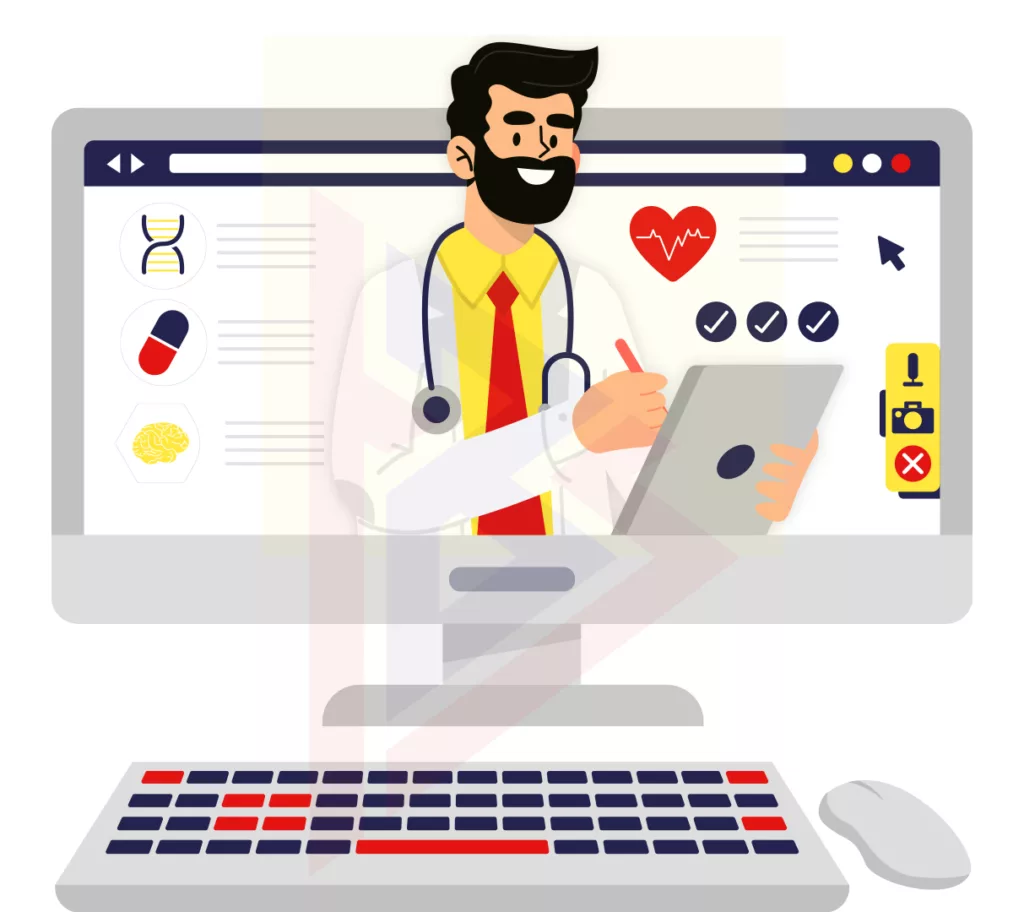
8. Natural Language Processing (NLP)
The healthcare industry must address the challenge of handling an increasing number of unstructured data, such as electronic health records (EHRs) and clinical notes. This data is vital for healthcare organizations to make accurate predictions on patient outcomes based on documented medical history. However, it can be time-consuming to manually transcribe this information, which is where natural language processing comes into play.
Patients would be able to communicate with doctors using chatbots on their mobile devices, enabling faster responses to simple medical queries. Doctors would also be able to more accurately enter patient information into the EHRs with NLP, speeding up diagnosis time and improving clinical outcomes.
9. Machine Learning for Treatment Recommendations
According to Dr. Eric Topol of The Scripps Research Institute, up to 60% of medical decisions made by doctors are based on past experiences and expert opinions rather than hard data. Physicians can enhance their capabilities to make better clinical decisions through the power of machine learning algorithms that process patient data to recommend personalized treatments and therapies.
As more patients adopt wearable devices, physicians will be able to track various health markers such as heart rates, temperatures, and blood sugar levels. They could use this data to better understand the condition of their patients and improve diagnosis accuracy rate.
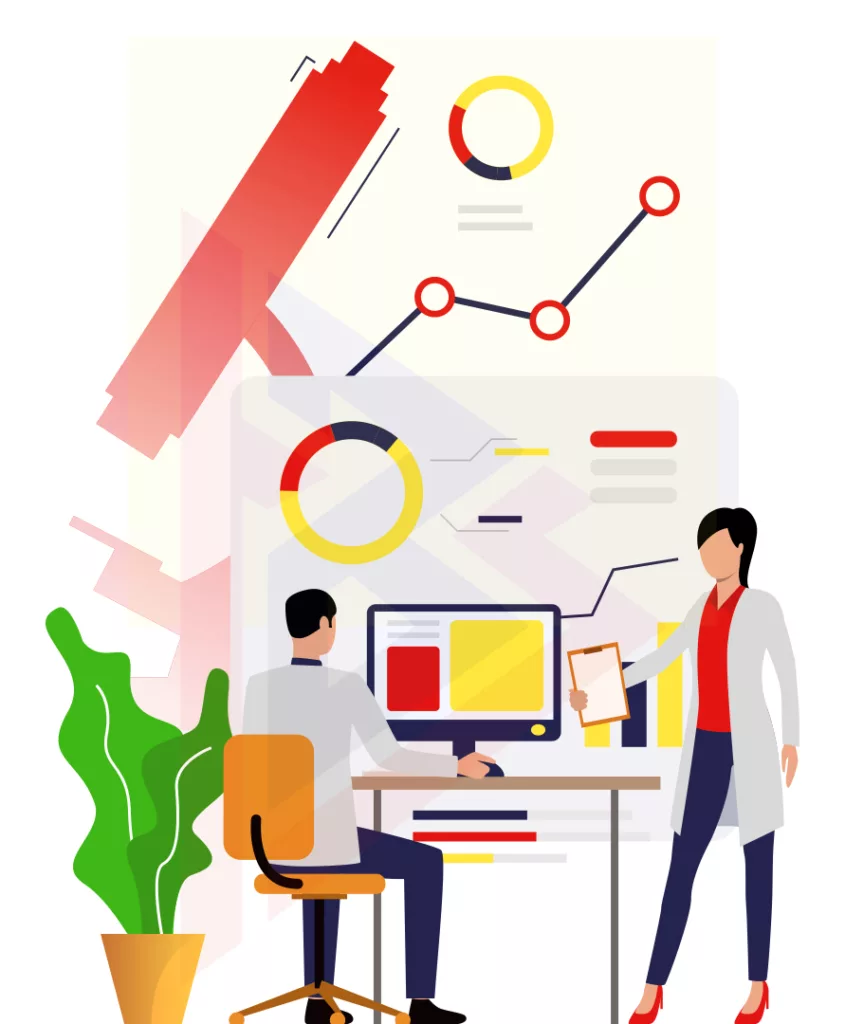
10. AI Assistants for Streamlined Healthcare Services
Artificial intelligence aids can help patients make important healthcare decisions by providing preliminary information on possible diagnoses as well as the associated risks and benefits of alternative treatments. For example, a patient who enters a doctor’s office with a fever and cough can consult an AI assistant on what to do next. The assistant would provide the medical history of the patient, possible diagnoses, and treatment options that have been, recommended by experts in the field.
11. Better Connected Patient Experience
The proliferation of IoT-based medical devices is enabling healthcare providers to offer their patients an improved connected patient experience. Healthcare providers can use monitoring tools like remote ECG machines for at-home assessments, or accurate wireless scales that send weight data wirelessly to the cloud for regular updates. This enhances monitoring and increases convenience for both the patient and the provider.
12. Patient-centric Data Integration Across All Systems
Digital transformation in healthcare involves integrating all data generated by medical devices, regardless of who manufactured them or where they were, purchased. The aim is, to provide patients with a complete view of their health records regardless of where they saw a doctor, what equipment was, used, or what testing was, performed.
13. Cyber-security Protection from Advanced Threats
Healthcare providers need to implement cyber-security as a part of digital transformation efforts as cybersecurity threats continue to evolve and become more advanced with time. The proliferation of IoT devices in the medical field also makes healthcare organizations targets for ransomware attacks like WannaCry, since they contain valuable and sensitive data. There has even been, a rise in cyber attacks on medical devices like pacemakers, which can be, manipulated to deliver fatal shocks, or insulin pumps that could be, manipulated to administer incorrect dosages.
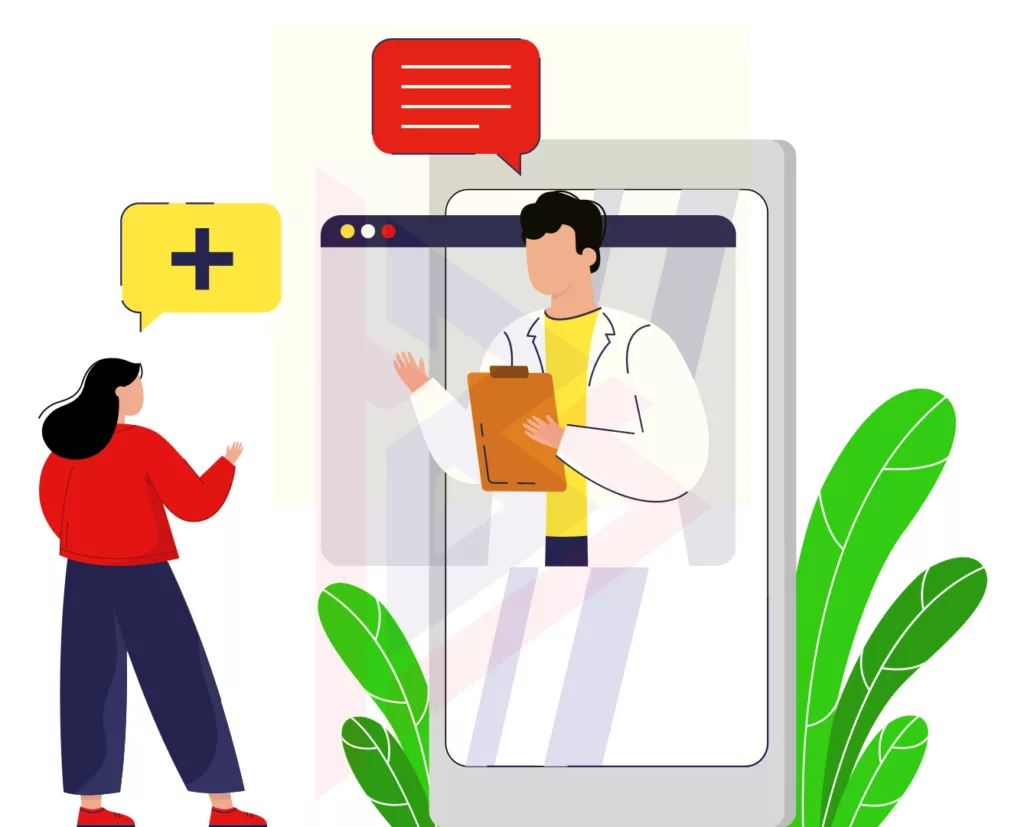
14. AI-based Tools For Improved Diagnostics and Treatment
AI technologies such as deep learning and machine learning will continue to provide invaluable assistance to physicians in the future. Tools like IBM Watson for Oncology will help speed up the process of matching patients with treatments, while others are being developed to predict adverse drug reactions. According to a recent survey by IDC Health Insights, 26% of doctors expect AI-based decision support systems to reduce diagnostic errors and 24% expect their AI-based assistants to improve treatment plans.
15. Remote Patient Monitoring
eHealth technologies such as remote patient monitoring (RPM) and digital health solutions like wearable devices, computerized assessments of clinical data, and wireless medical equipment are already helping doctors to better monitor their patients. RPM tools allow healthcare providers to monitor the health of chronically ill patients living independently. They also help ensure that high-risk groups like the elderly and the young are carefully monitored.
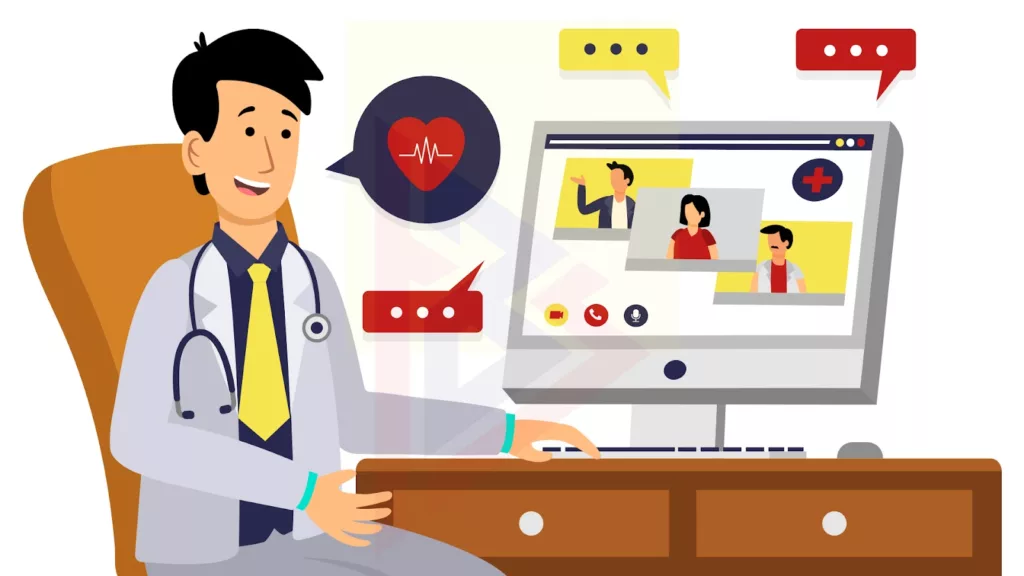
Healthcare providers are also embracing digital health solutions to provide patients with convenient tools for at-home monitoring of their health. Such HealthTech Trends can be used to track vital signs, medication compliance, weight gain or loss, and daily activity levels.
The proliferation of wireless medical equipment is another trend that will help improve the quality of patient care. Wireless devices eliminate the need for manual data entry and provide accurate information to healthcare providers, enabling them to make more informed decisions for treatment plans. Physicians can more easily keep track of a patient’s medical history, while patients have quick access to their personal health records on demand.
For example – wireless scales allow users to step on and weigh themselves without having to enter weight data into a device. They then wirelessly send the readings to the cloud, where they can be viewed and downloaded by healthcare providers.
16. Robotics
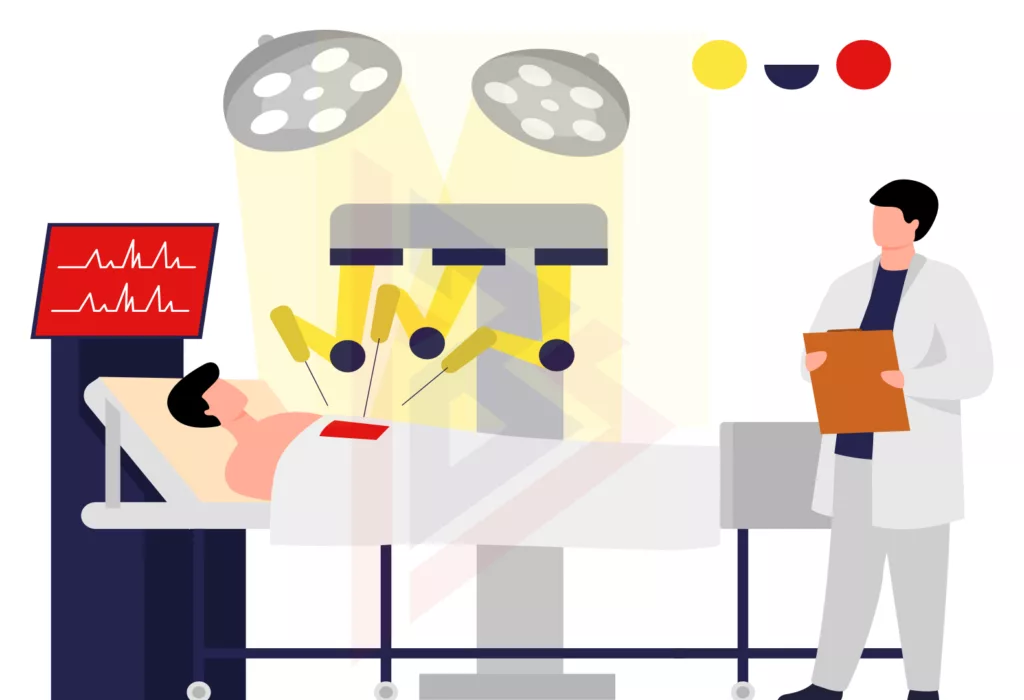
Robotics is one of the most exciting technological trends in healthcare today. Robots are used in the following ways:
- Patients and medical staff can benefit from surgical and assistive robots.
- Robotic companions that help manage your health on a daily basis.
- When situations like the pandemic occur, disinfectant robots are vital.
- Automated systems that can assist patients in managing and monitoring their health conditions.
In addition, the Exo Skeleton robot has emerged as a successful way of providing surgical assistance. Robotics is also being used for patients who have sustained physical injuries, particularly spinal cord injuries.
Additionally, robotics in healthcare is also being used to alleviate loneliness, assist with mental health issues, and support medical staff with child care.
Also, robotics is helpful in consistently monitoring the vital signs of patients. Therefore, hospices and hospitals can manage patients effectively.
Conclusion
Lastly, digital transformation efforts in healthcare require a new mindset on the part of healthcare providers and patients alike. It is no longer about protecting existing revenue streams or managing costs, but about proactively improving patient outcomes by thinking beyond traditional ways of doing things. The adoption of these emerging technologies has enabled healthcare professionals to provide faster and more cost-effective healthcare services.
These changing HealthTech Trends will continue to benefit the healthcare industry.
At TechnoBrains, our main goal is to streamline physicians’ and elder guardians’ work, optimize systems, integrate devices, improve patient outcomes, reduce human error, and lower costs through digital and mobile tools. Healthcare management solutions are tailored by our team of experts. To ensure the privacy, security, and integrity of the data we collect about patients, we design our systems accordingly. The full range of healthcare workers’ administrative needs, internal procedures, and digital data management can be addressed with our healthcare management software solutions.

